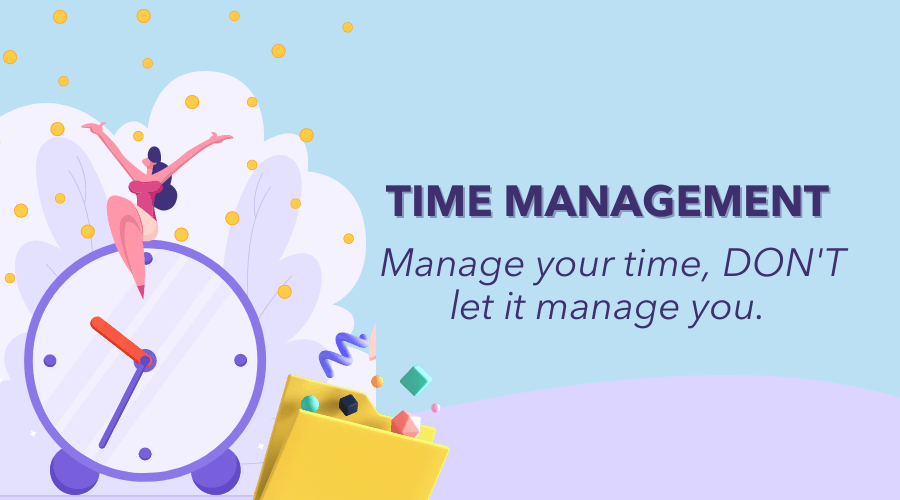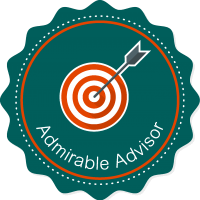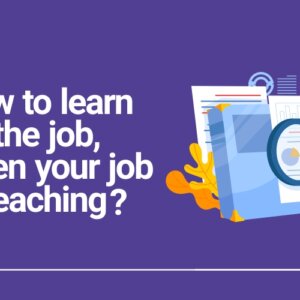If you are managing your time well, there is no way you are going to reach your goal at work and the life outside of it. Time management is the act of taking conscious control over the amount of time spent on specific activities. You exercise time management to increase productivity effectiveness and efficiency. You practise skills and use tools and techniques to aid you what accomplishing tasks, projects or are working towards goals and deadlines.

Time management is about effective scheduling of your time goalsetting prioritizing and choosing what to do and what not to do, delegating tasks, analysing and reviewing your spent time, organising your workspace keeping your concentration and focus at your work, motivating yourself to work towards a goal.
Eight Suggestions for Teachers to Effectively Manage Time
1. Be Organised
- Use time-saving tools: Appointment calendar, to-do list, files and folders.
- Have an organised workplace. don’t waste time constantly looking for your work.
- Use your appointment calendar for everything including listing study time.
- Use to-do list for both long-term and for each day or week
2. Plan ahead (Schedule it and it would happen.)
- Decide how long your tasks will take (do this before agreeing to take on a task)
- Consider whether any activities can be combined.
- Determine if the big tasks can be broken down into smaller tasks that may be easier to schedule.
3. Prioritize your tasks
- Use an A-B-C ranking system for items on your to-do lists with ‘A’ items being the highest priority
- Set goals for both the short-term and long-term as to what you want to accomplish look at all of your to-do’s to gauge the time requirement and whether additional resources will be needed to accomplish them if yes schedule time to obtain those resources
- Don’t postpone the small task a sense of accomplishment is good and overlook the small task and become larger tasks.
4. Avoid overload
- Include time for rest, relaxation, sleep, eating, exercise and socialising in your shift schedule
- Take short breaks during the study and work periods.
- Don’t put everything off until the last minute.
- Learn to say no when appropriate and negotiate better deadlines when appropriate.
5. Practice effective study techniques
- Have an appropriate study environment.
- Split large tasks into more manageable tasks.
- Do the most difficult work first perhaps breaking it up and some easier tasks.
- Don’t wait until the last minute to complete your project.
6. Be able to be flexible
- The unexpected happens (maybe sickness or any other trouble) you need to be able to fit it into your schedule.
- Know how to rearrange your schedule when necessary so it does not manage you – you manage it.
- Know who to ask for help when needed.
7. Follow Steven Covey’s time management matrix from his book – The 7 Habits of Highly Effective People
8. Have a vision (Why are you doing all of this)
- Quadrant I tasks are tasks that are urgent and important. These are urgent crises that come up that we must get fixed.
- Quadrant II tasks are tasks that are not urgent but important tasks. This is where we want to stay. This is where we plan, do proactive work, and do most to all our 20%. The more we focus on Quadrant II work, the less time we will likely spend in Quadrant I.
- Quadrant III tasks are tasks that are urgent but not important. They seem important because they are urgent, but normally can wait or don’t need to be done at all. This could include a lot of emails, phone calls, or people stopping by with an “urgent” problem.
- Quadrant IV tasks are tasks that are not important and not urgent. This could be checking Facebook, idle chat, and so on.
- Look at how you use your time. How much of it is in Quadrant II?
- Don’t forget the ‘big picture’- why are you doing the task- is it important to your long-term personal goals?
- Have and follow a personal mission statement (are your activities ultimately helping you achieve your goals)
- Know what is important to you (what do you value most)
- Have a positive attitude.
A positive attitude will lead to a positive outcome!
We are sure these tips from Shalini would help you navigate through your busy schedules. Read more articles by Shalini here.





Really commendable!
I would love to share it with my colleagues
Appreciable,
nice suggestions put forward for time management.
Amazing article
Thank you for the insight
Excellent article
Amazing